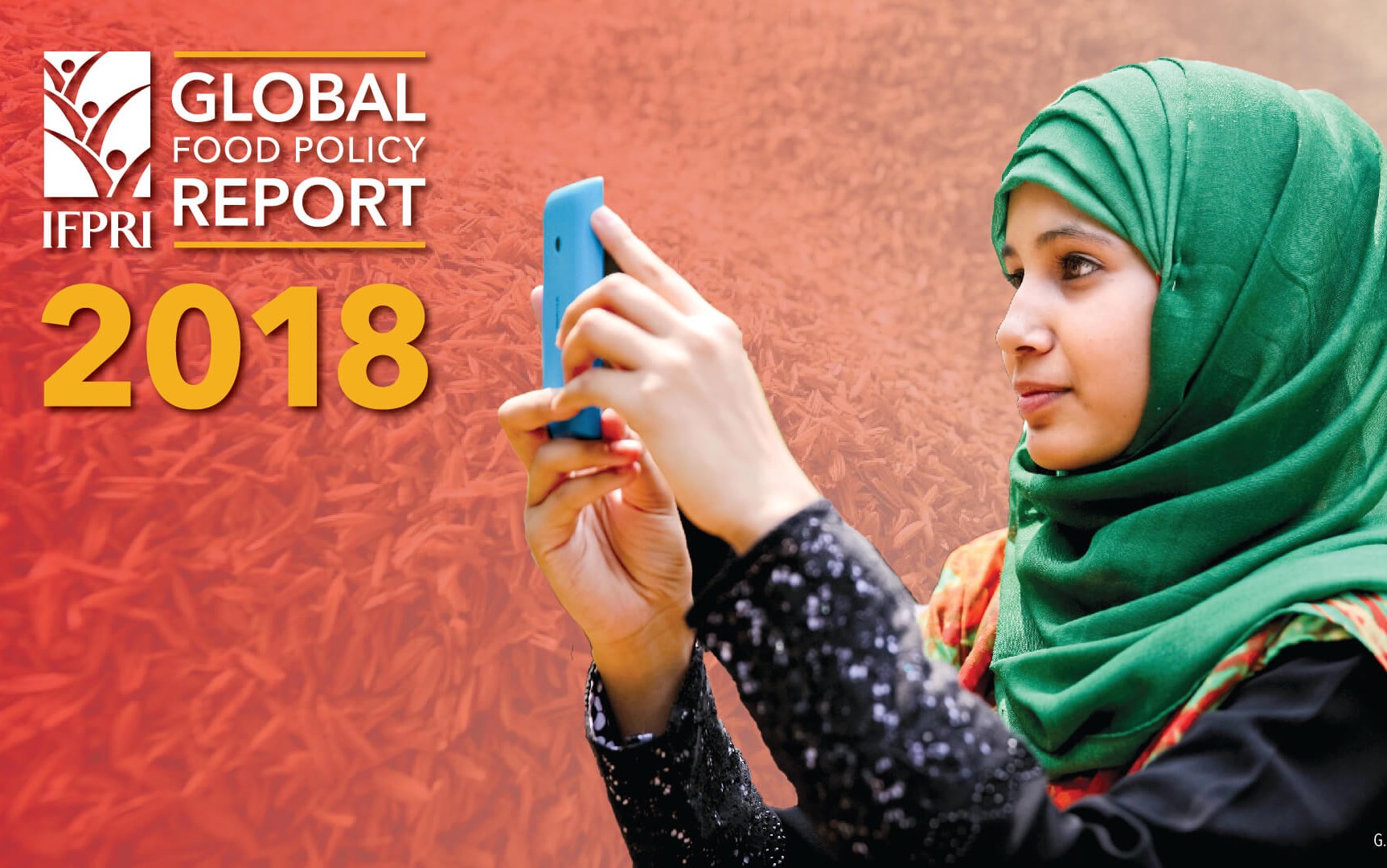The data era has arrived. Stakeholders, entrepreneurs, policy makers and political leaders across the global economy are harnessing ever-expanding datasets for a wide array of purposes—including reducing hunger and malnutrition. But pursuing those goals requires evidence-based decision making, and that depends on widespread open access to relevant data. Open access can improve the policy decisions that shape food systems and everything that depends on them, up to and including national security.
Unfortunately, global inequalities persist in access to data. Wealthy countries have ample capacity to collect large databases and apply the accumulated knowledge they contain to create advanced tools and technologies. Developing countries often lack consistent access to data due to limited infrastructure and capacity for collection, processing, management, and quality control.
How can we make data more accessible to all stakeholders in the developing world, from small farmers to intergovernmental policy makers? To mark World Intellectual Property Day (April 26), here are some insights from Chapter 6 of the 2018 Global Food Policy Report.
Data is at the foundation of decision-making throughout food systems. Producers depend on knowledge of inputs and climate trends; policymakers use data to ascertain efficiency and estimate needs; and retailers rely on data on market trends and prices. Used well, data serves to ensure and improve efficiency along the entire value chain.
Access to accurate information or datasets also empowers policy makers to prepare and respond to natural disasters, anticipate economic challenges, and map trends to determine necessary course corrections. Accurate and open data can amplify the ability to support innovations and make salient policy decisions.
Opening up data access in the developing world will take sustained efforts by institutional data curators and those in need of technology to accelerate the collection and dissemination of accurate information. Curators, for instance, can reduce barriers by selecting Open Licenses as the default setting for their data. IFPRI and other research organizations that work in partnership with governments recognize the importance of providing open access data as a tool for global policymaking.
In tandem with these efforts, institutions must take practical measures to improve and maintain data quality, and prevent the loss of information. After all, access to data that is inaccurate barely constitutes access at all.
Recent innovations also offer great promise for reducing systemic data inequality. As the number of smartphone users has dramatically increased in the developing world, innovators have created platforms for empowering farmers with phone-based data tools. Mobile apps are a powerful mechanism for increasing data access and making other services available to smallholders. Harnessing this technology to provide access to training and information tools can significantly boost knowledge capital and help to bridge the digital divide between developed and developing countries.
As with many other public goods, improving access to information also requires vocal demands from citizens in developing countries. People are increasingly actively disseminating information via non-traditional approaches and tools including texting and social media. Governments, investors, data curators and others should match these efforts, providing more open access to data, to technology, and to programs to strengthen capacity.
Several countries have applied open access data to offer strategic benefits to smallholder farmers in the developing world. In Colombia, the Ministry of Agriculture collaborated with the International Center for Tropical Agriculture (CIAT) to identify the causes of reductions in rice crop yields. Using both open and private data, they developed climate-smart tools that later helped farmers to avoid extreme damage from a subsequent drought. This saved an estimated $3.6 million for local farmers.
In Bangladesh, the Katalyst program boosted its mission to optimize analyses of fertilizer quality by partnering with Banglalink and Grameen Phone. The program launched a mobile-based fertilizer information service in the local language, Bangla, and following its success is set to soon launch a similar project to provide irrigation-related information.
Such efforts to support better access to data and data-based tools show how developed and developing countries can integrate their knowledge capital. More freely available and usable data will help reduce the global digital divide and related inequalities— contributing to poverty reduction and food and nutrition security for all.
All IFPRI datasets are open access and available here.
Shelleka Darby is an IFPRI Communications Intern. Indira Yerramareddy is Manager for Knowledge Management and Web in IFPRI’s Communications and Public Affairs Division. Suresh Babu is a Senior Research Fellow and Head of IFPRI’s Capacity Strengthening Program.







